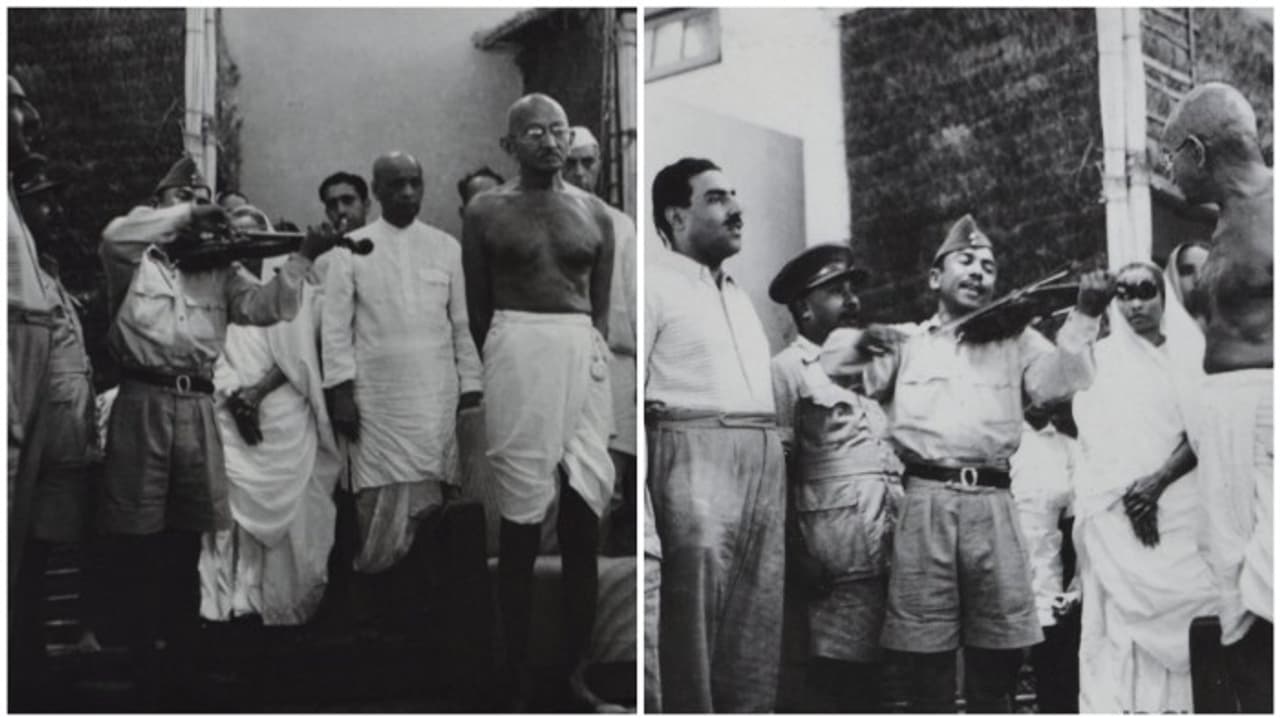A member of Netaji Bose’s Indian National Army, Captain Ram Singh Thakuri created the tune of India’s national anthem and gave us iconic songs like ‘Kadam Kadam Badhaye Ja’.
In the symphony of India’s freedom struggle, while revolutionaries marched with rifles and flags, one man carried the soul of a nation in his melodies — Captain Ram Singh Thakuri, the ‘Singing Soldier’ of the Indian National Army (INA).
A musical genius cloaked in khaki, Thakuri’s legacy reverberates in every note of ‘Kadam Kadam Badhaye Ja’ and in the solemn majesty of the national anthem’s tune. Yet, despite crafting the soundtrack of a nation’s awakening, only a few know his story.
Ram Singh Thakuri enlisted in the British Indian Army in 1927 at the Dharamsala cantonment moved to Singapore, where in 1942 he was captured as a prisoner of war. But music became his shield — even in captivity, his captors spared him from the brutalities of war, due to his soulful performances.
How Thakuri Met Netaji Subhas Chandra Bose
It was during this turbulent period that Thakuri crossed paths with the firebrand leader Subhas Chandra Bose. Joining the ranks of the Indian National Army, his musical prowess was summoned for a cause greater than performance — to ignite patriotism. Bose instructed him, “The song should have such an indelible impact and force that the Cathay Building should ‘break’ into two parts and the sky should become visible.”
Rising to the occasion, Captain Thakuri composed the Qaumi Tarana, which became the INA’s rallying cry. Sung by nearly 30 lakh Indians, its thunderous echoes stirred courage in hearts across battlefields and beyond.
But his crowning contribution was yet to come. Thakuri would go on to orchestrate the tune for Jana Gana Mana, the soul-stirring national anthem penned by Rabindranath Tagore — forever etching his name into the foundation of India’s musical and patriotic heritage.
His artistry didn’t go unrecognized. In 1947, the Uttar Pradesh government conferred upon him the honorary title of ‘Emeritus Musician’. It was the first of many accolades that would honor the maestro whose music marched in tandem with the nation’s footsteps to freedom.
